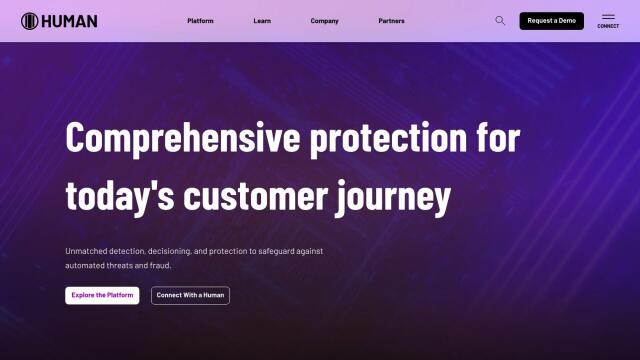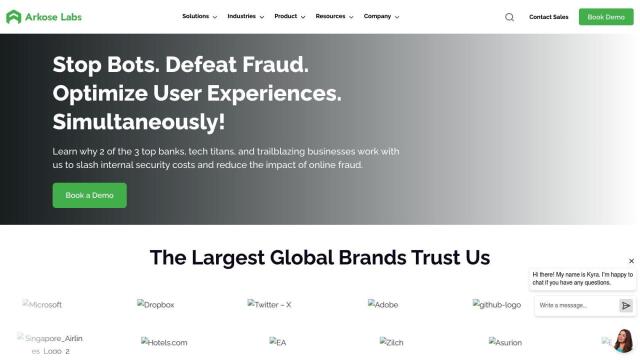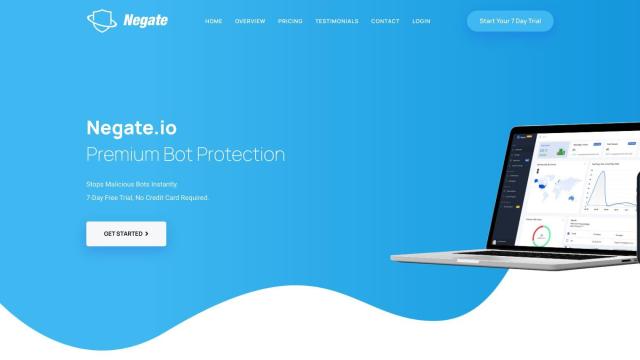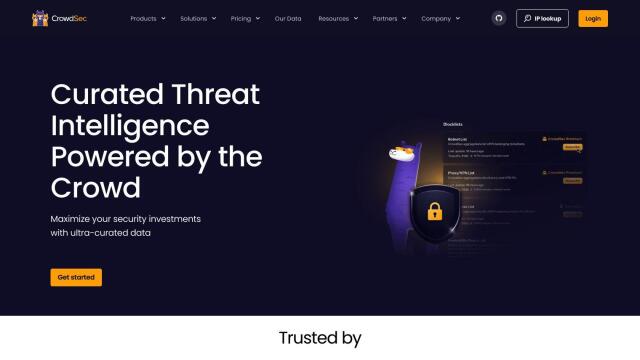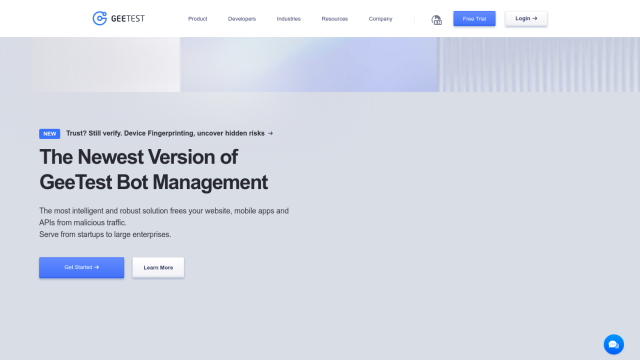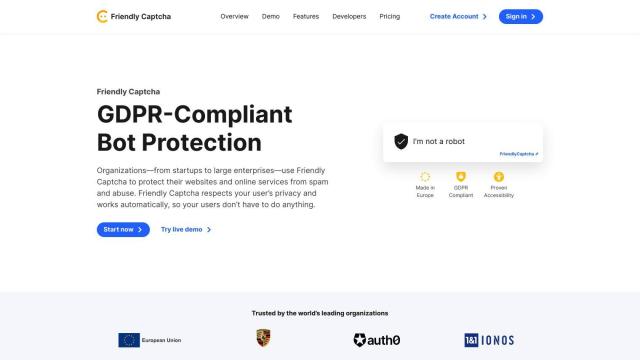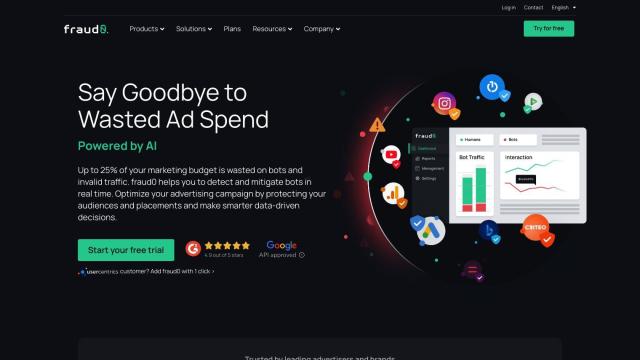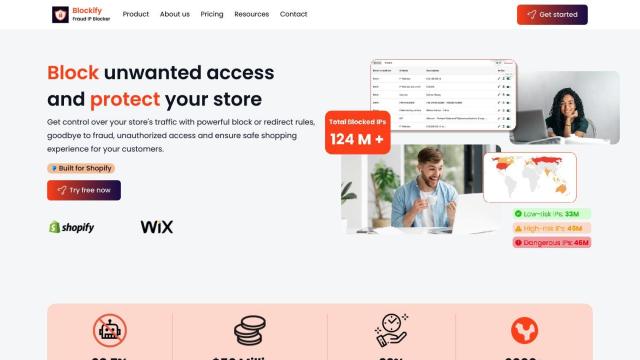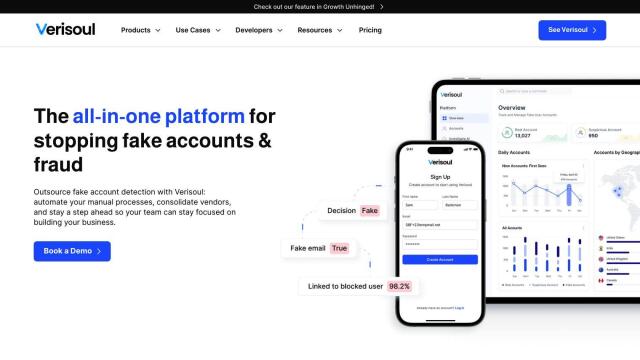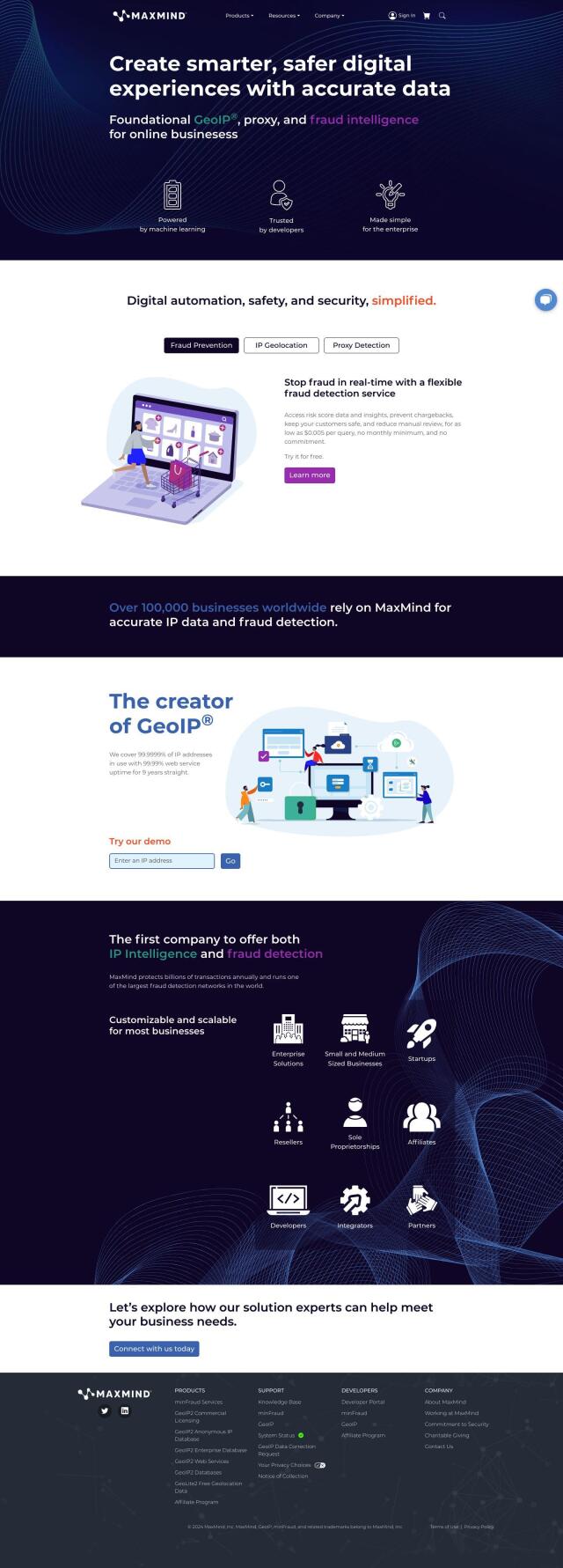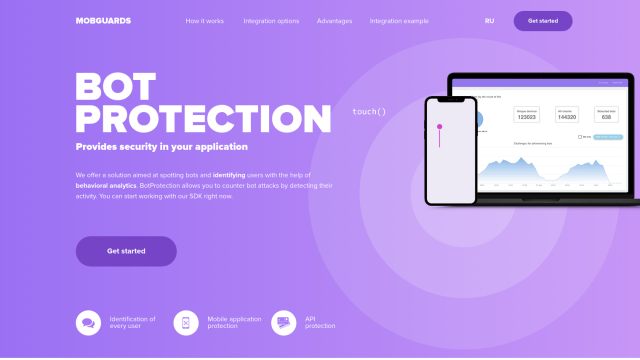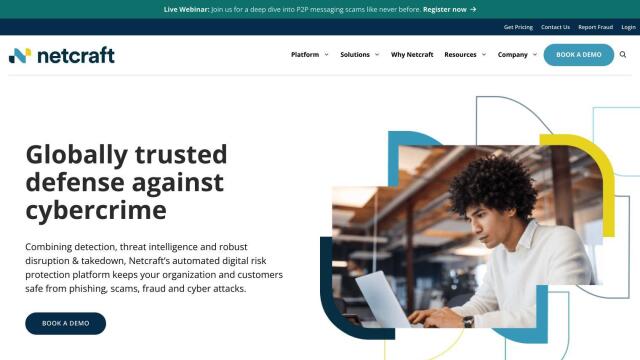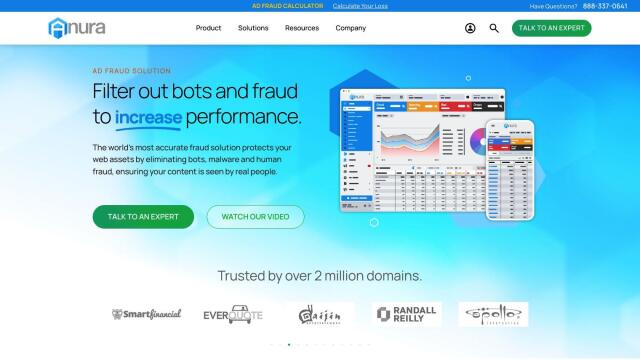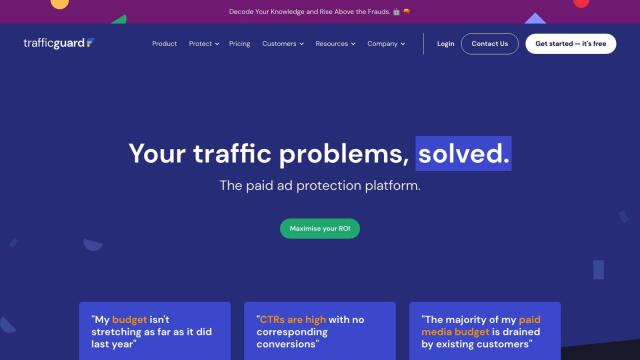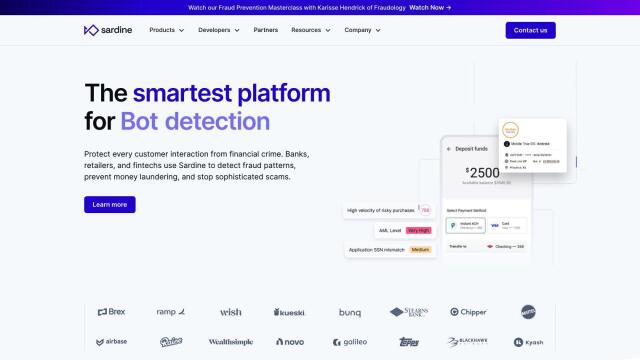Question: Is there a service that can block malicious bots and crawlers from my website without affecting legitimate traffic?

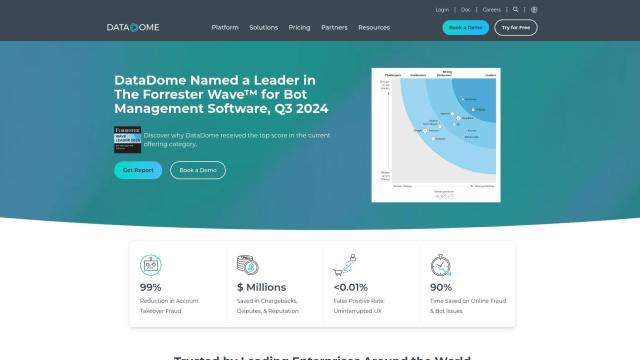
DataDome
For a service that can block malicious bots and crawlers without blocking legitimate traffic, DataDome is a good all-purpose option. It combines real-time request analysis with a machine learning engine trained on 5 trillion signals per day to detect and block fraudulent attacks. That means your users won't notice anything, but you'll get strong protection against web scraping, credential stuffing and other types of fraud. The service is designed to comply with privacy regulations around the world and offers detailed information on blocked threats, so it's good for websites, mobile apps and APIs.
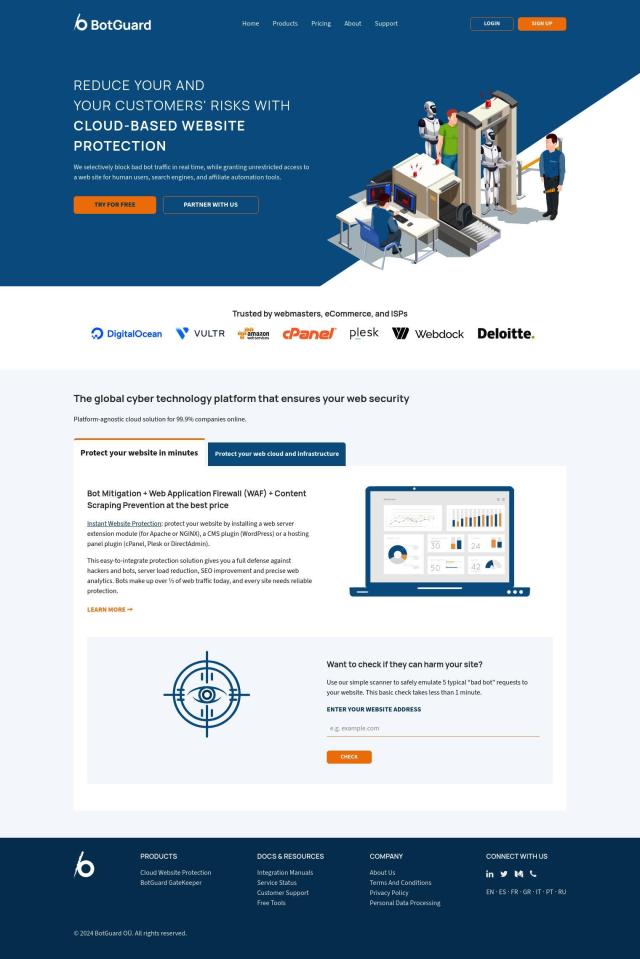

BotGuard
Another good option is BotGuard, a cloud-based security service that screens for bot, crawler and scraper attacks. It includes a web application firewall, content scraping protection and integration with your website, so legitimate users and search engines can reach your site without problems. BotGuard offers logging and a free monitoring mode, too, so it's good for websites that need strong security without a lot of operations overhead.

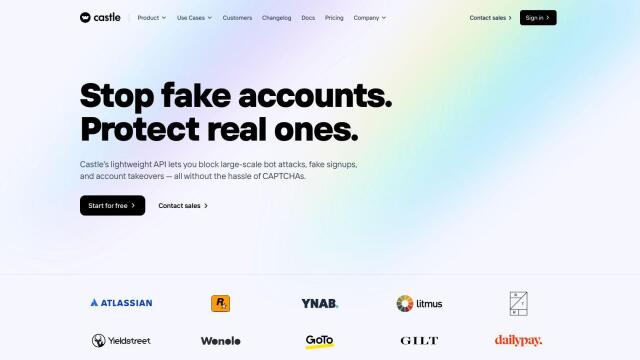
Castle
For an API-based service, Castle can be a good option. It blocks large-scale bot attacks and fake signups without CAPTCHAs, using a combination of device intelligence and detailed user behavior analysis. Castle offers real-time visibility into threats and targeted protection, so it's good for large-scale operations, and it charges on a pay-as-you-go basis so you can adjust to changing needs.


hCaptcha
Last, hCaptcha is a good alternative to conventional CAPTCHAs with its AI-powered bot detection and fraud prevention. It's designed to avoid false positives that can frustrate legitimate users while blocking threats, and it doesn't collect personally identifiable information. hCaptcha is designed to comply with privacy regulations around the world, and it offers a variety of pricing options. It's a good option for anyone who wants a privacy-respecting way to protect online services from fraud and abuse.

